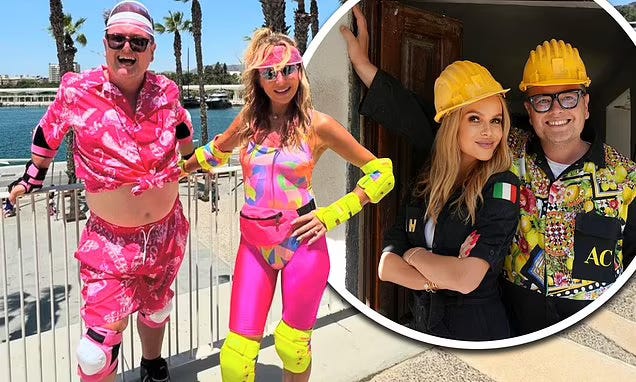Reality Show (and houses) for One Euro – But Dignity Is Free
Italy’s small towns are reduced to romantic backdrops for foreign reality shows. But true rebirth doesn’t happen in eight episodes — and it’s not for sale in glossy magazines.
L’articolo, nella sua versione originale in italiano, può essere letto qui 👇🏻
Enough is enough. Every few months, like a recurring curse, we get yet another triumphant headline about the “miraculous” transformation of a one-euro house into someone’s "dream home." This time it’s Fornovolasco, a picturesque village in Tuscany’s Garfagnana region, under t…




